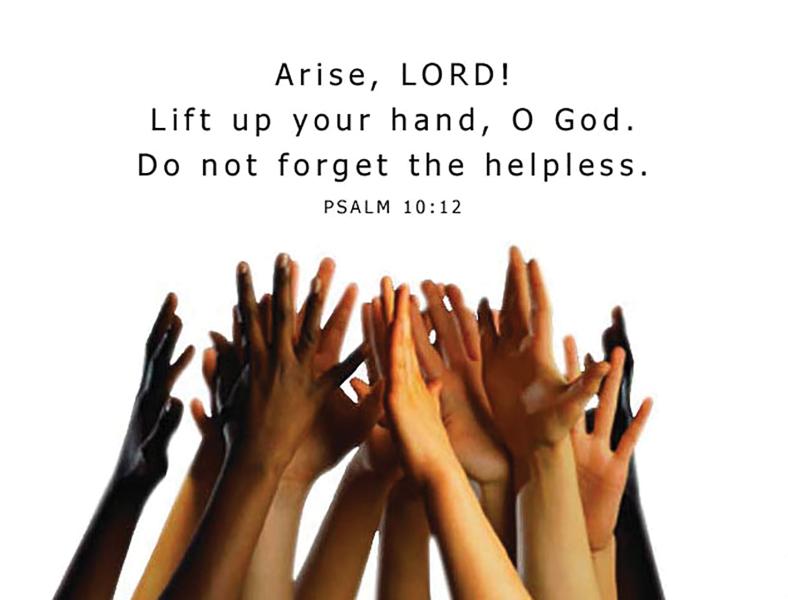
As I reflected on this psalm, reading it, chewing on it, meditating on it, I came to understand this psalm as presenting a dual context or picture. You can make an argument for both of these interpretations coexisting simultaneously. First, we live in a fallen world that is broken by sin, but second, we also live in a time when the Church itself has become increasingly apostate.
So, as I reflected, I realized that some of these characteristics of the wicked described here in Psalm 10 are equally applicable to many who call themselves “Christians” today. That was a startling thought, but I think statistics, if you can believe them, bear this out.
Current Church Statistics
I did a quick, cursory search on church attendance and faith statistics, and here’s what I found that’s worth sharing with you. These numbers illustrate a modern trend toward practical atheism in the church — people who profess to know God but live as if He doesn’t matter.
A George Barna Group survey conducted last year found the following:
• 73% of born-again Christians say they have a personal responsibility to share their faith with others. Now, that sounds good at first, doesn’t it? But let me add this: I don’t believe 73% of churches in America a ...



